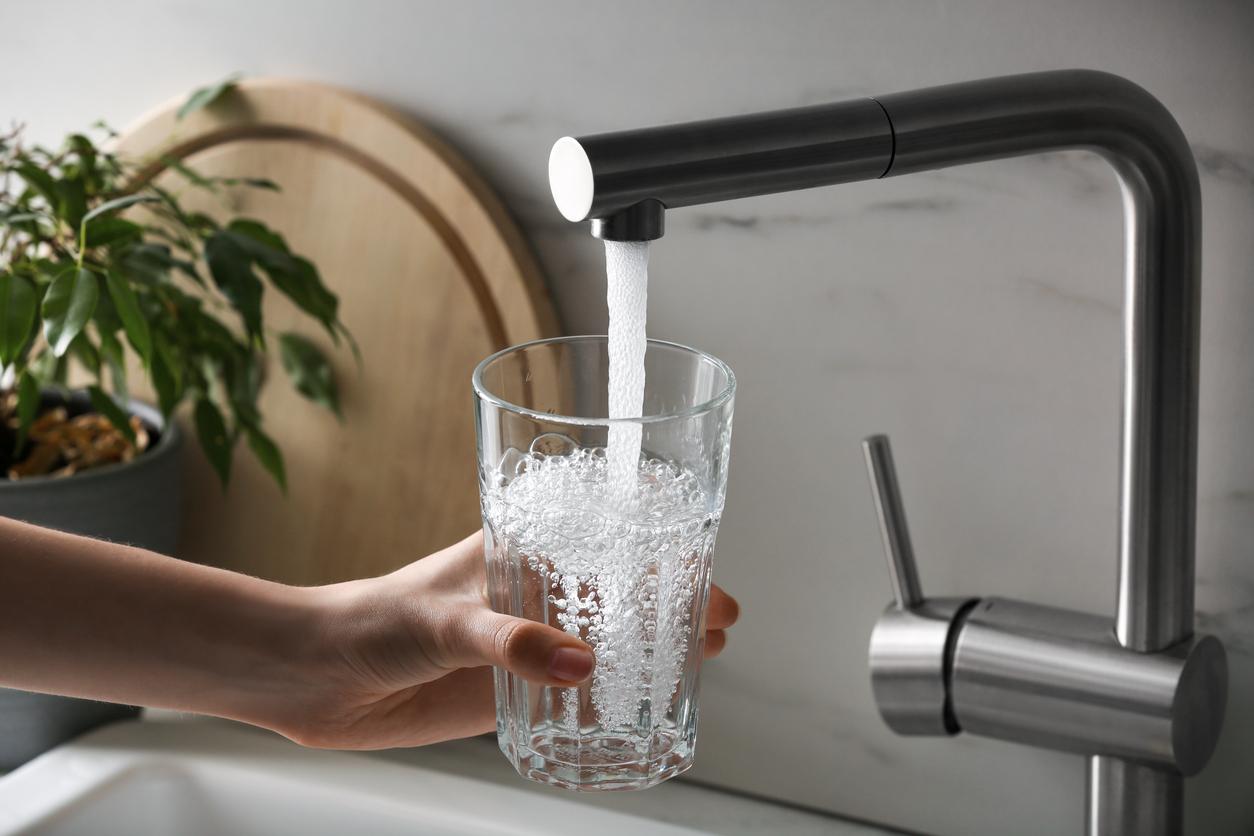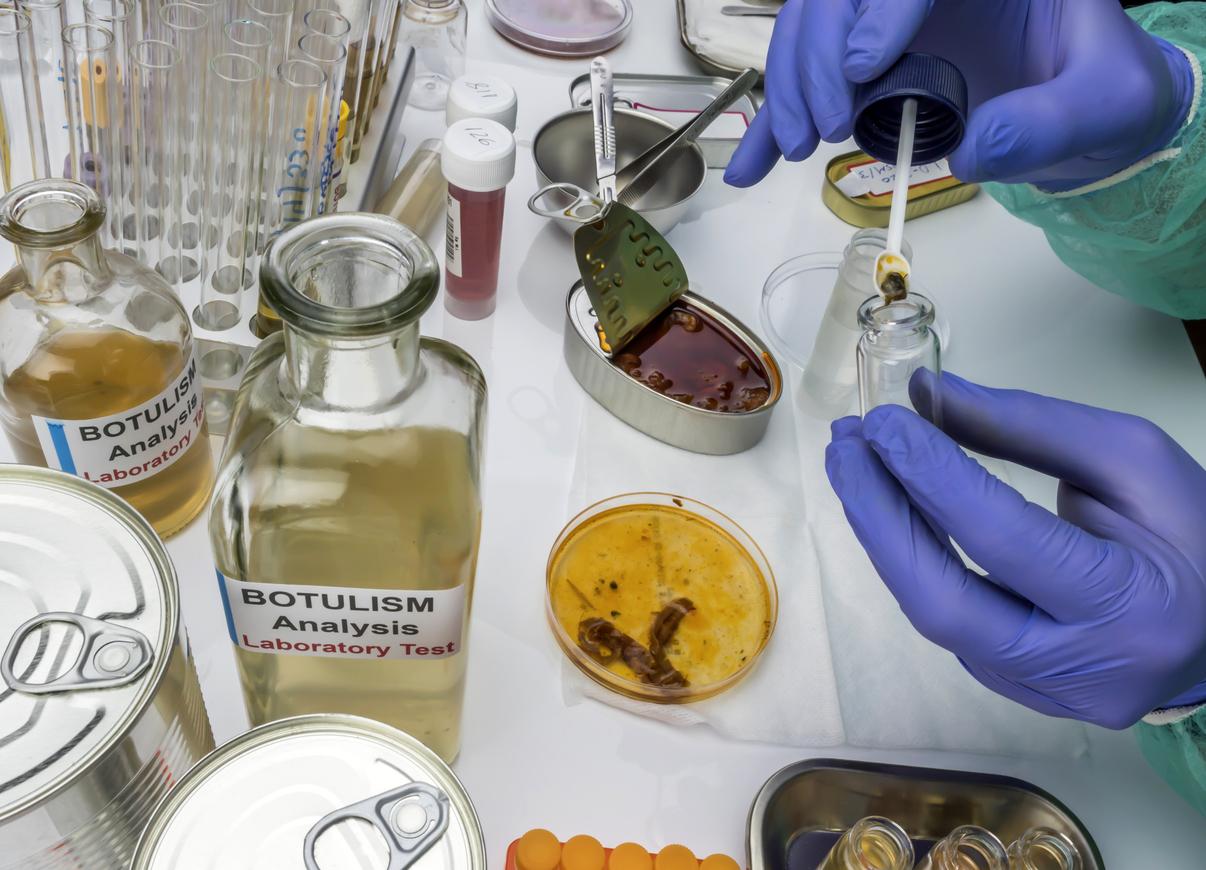It’s almost Christmas, many toys run on button batteries. The national health security agency warns parents: cases of poisoning by ingestion of these batteries have been reported in small children.

They are small, round and flat, button cell batteries. Found in remote controls, toys or any other electronic product, they can be very dangerous. Several cases of ingestion and intoxication in children by ingestion of these batteries have been reported by poison control centers. If ingested and on the wrong track, they can clog a bronchial tube with a cough and acute respiratory problems.
But there is also a risk of perforation of the esophagus, because the electric battery is responsible for a local electrolysis which destroys the internal membrane of the esophagus, the mucous membrane, which can lead to perforation and many serious complications ( infection, fistulas, etc.).
Health alert
The national health security agency alerts parents to better prevent accidents.Each year, ingestion of button batteries is the cause of 1,200 emergency room visits. Children aged 0 to 5 are the most affected.
Swallowing a small battery, called a button battery, poses a risk of obstruction of the airways. But not only, in the event of ingestion, the individual risks intoxication. In fact, the battery contains very toxic substances, which are released in the esophagus and which can, in just a few hours, cause potentially fatal injuries.
Watch out for handspinners
Children’s toys are normally required to have a tightly closed battery compartment, which does not open if the toy falls or breaks. Authorities withdrew toys from the market that did not comply with these regulations last year. But some of these objects escape control. In particular, the handspinners, these toys are all the rage in the playgrounds. Some models are bright, for these, ten reports have been made for the risk of ingestion of button batteries.
Check that the batteries are not accessible
The DGCCRF (General Directorate for Competition, Consumption and Fraud Control) warns parents about this type of toy. Always check that the batteries are not easily accessible. Other everyday objects must also be the subject of vigilance: remote controls and car keys for example.
If your child ingests a battery, or if you think he has ingested one, contact 15 or a poison control center immediately.
.

















